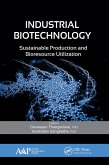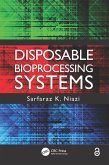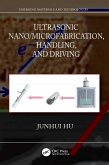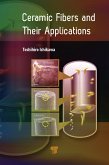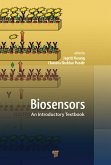Biomass from biowastes, such as agriculture crop residues, wood processing residues, forest residues, food waste, industrial waste, and municipal solid waste, have emerged as potential substrates for bioenergy production. This volume explores the key features of biotechnology for waste biomass utilization, presenting scientific and technical literature on sustainable waste biomass management as well as for biomass conversion for biofuels, chemicals, and other new commercial products. It discusses a variety of novel biotechnical applications and interventions, including microbial fermentation and anaerobic digestion, biotechnological modes of xylooligosaccharides production, multifaceted utilization of microalgal biomass, vermiculture and vermicomposting, and more.
Key features:
- Provides the most recent information about waste biomass utilization for the production of biofuels and biochemicals
- Shows a wide range of novel technologies in the field of biotechnology towards waste biomass utilization
- Focuses on the utilization of microbial resources for waste biomass conversion into value-added products
- Explores methods for food wastes and crop wastes conversion into biofuels and biochemicals
- Provides the scientific information describing various examples and case studies which aid gaining knowledge to researchers and academicians
With chapters from eminent researchers who have significant global experience in the field of waste biomass management, this volume delivers a wealth of valuable information for researchers involved in bioenergy utilization. It will also be an essential source for academicians, researchers, economists, policymakers, and policy analysts.
Dieser Download kann aus rechtlichen Gründen nur mit Rechnungsadresse in A, B, BG, CY, CZ, D, DK, EW, E, FIN, F, GR, HR, H, IRL, I, LT, L, LR, M, NL, PL, P, R, S, SLO, SK ausgeliefert werden.




